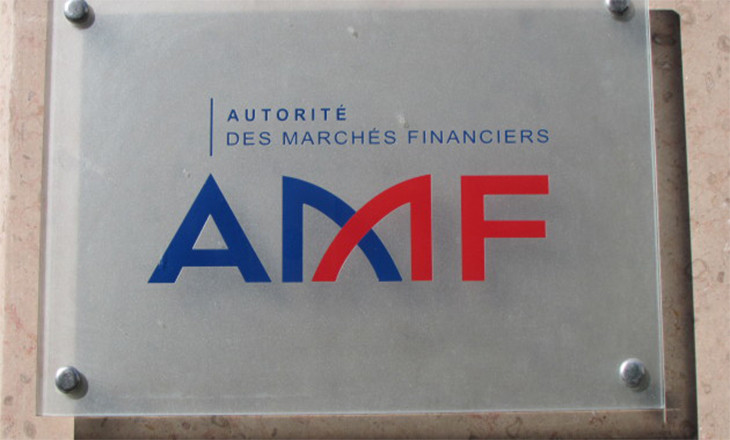The Autorité des Marchés Financiers (AMF) is clarifying its expectations in a new guide (DOC-2017-04) written for listed companies. The guide is aimed at issuers whose shares are admitted to trading on Euronext Paris or a multilateral trading facility (MTF) such as Alternext Paris or Marché Libre.
The AMF guide replaces the AMF’s position (DOC-2009-17) which has been updated following the implementation of EU regulation no. 596/2014 on market abuse (MAR). It reiterates the conditions under which issuers may deal in their own shares and those for stabilisation measures.
The guide is accompanied by AMF instruction (DOC-2017-03), which specifies the information that must be disclosed to the AMF and, in some cases, the format for those disclosures.
The AMF asked that issuers note the following changes to its earlier policies:
- The conditions for implementing a buyback programme in compliance with Article 5 of MAR have been tightened and some transactions cannot benefit any more from the previous derogations. Issuers must now fully and effectively disclose their buybacks within 7 days. These buybacks must be reported to the AMF using the sample format presented in the guide.
- Market practices regarding share buybacks have evolved:
- Liquidity contracts on shares are still allowed. However, they are being adjusted to meet the stricter new requirements set out in the European regulation on market abuse. The new framework for executing these contracts will enter into force once the ESMA has issued a ruling on its compatibility with the new European regulation.
- The acquisition of a company’s own shares to be held in custody and reissued at a later date as part of a takeover bid is no longer accepted as market practice. It was abandoned as of 3 July 2016. These transactions are not outlawed, but they no longer qualify for the exemption set out in Article 13.
As a reminder, buybacks carried out for this purpose before that date still qualify under the previous policy, notably for issues related to reallocation.
